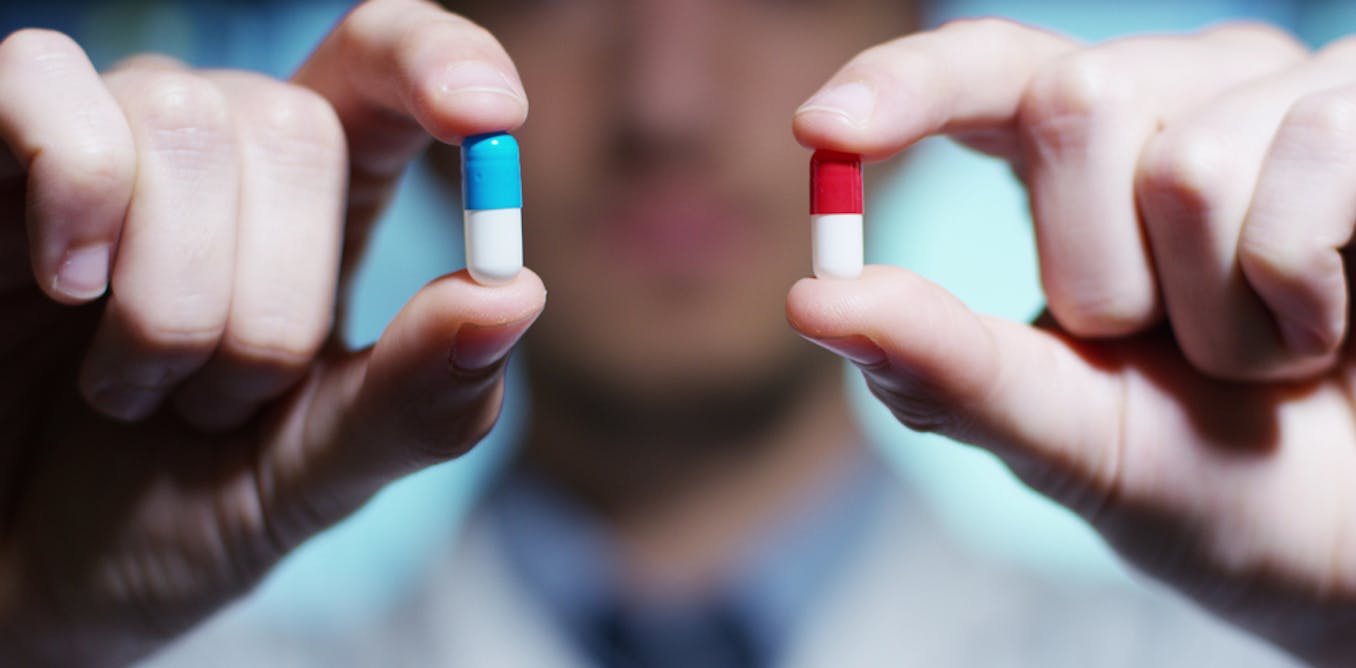Let's just say a patent is a monopoly right that's usually bestowed on the people or companies that own an invention. This right is given by the Government to ensure that the invention is not copied or used by other people without the inventors knowledge or consent in that country where the patent has been obtained.Whilst protecting the invention, a patent owner is able to exploit and maximize the patent power in many ways. One of the ways includes licensing the patent to third parties for high commercial returns, raising funds for business or even selling the patented invention for a lofty sum of money. A patent usually takes about 20 years from the date of filling the application for the patent before it expires.
https://www.bloglovin.com/@teddyredwings/generic-drugs-patents-464395
BIOAVAILABILITY OF GENERIC DRUGS
Generic drugs are copies made from an already existing template of a particular medication. They do not pass through testing, innovation and approval like the original drugs on which they are based did. They are produced after the patent on an original drug has expired, after which drug manufacturing companies can apply to get approval to produce these drugs at a cheaper rate.Generic drugs are common because of their availability and relatively cheap cost. The manufacturers do not have to spend money and time on the drug innovation and development, and so they are produced chiefly to be more accessible. This is why most doctors and patients prefer the generic drugs, because they save money.
http://groupspaces.com/medications/item/1160531
Generic Drugs Differences and Benefits
They work the same way in terms of safety, strength, stability, dosage form, performance characteristics, quality, and route of administration. Both generic drugs and brand name drugs use the same active ingredients and so they have the same benefits and risks. So in essence, a generic medicine is a brand name drug that uses a different name so it's safe to say they work just the same as Brand name medicines.
ACOG Committee Opinion No. 375: Brand versus generic oral contraceptives.
The U.S. Food and Drug Administration considers generic and brand name oral contraceptive (OC) products clinically equivalent and interchangeable. The American College of Obstetricians and Gynecologists supports patient or clinician requests for branded OCs or continuation of the same generic or branded OCs if the request is based on clinical experience or concerns regarding packaging or compliance, or if the branded product is considered a better choice for that individual patient.https://www.ncbi.nlm.nih.gov/pubmed/17666623

No comments:
Post a Comment